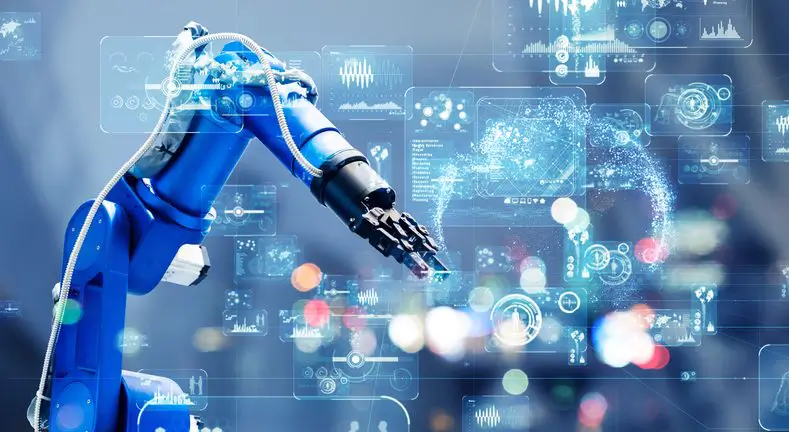In the realm of technology, robotics has emerged as a transformative force, reshaping industries, revolutionizing processes, and pushing the boundaries of what was once considered possible. From manufacturing and healthcare to space exploration and everyday life, the integration of robotics has ushered in a new era of innovation, efficiency, and endless possibilities.
The Evolution of Robotics
The journey of robotics traces back to ancient times, with early automatons and mechanical devices capturing the imagination of inventors and thinkers. However, it is in the latter half of the 20th century that robotics truly began to come into its own, with the development of programmable machines and the birth of modern robotics as we know it today.
Industrial Robotics: Transforming Manufacturing
The industrial sector has experienced a profound transformation with the integration of robotics into manufacturing processes. Automated assembly lines, robotic arms, and advanced machinery have significantly increased efficiency, precision, and output. Robotics in manufacturing not only accelerates production but also enhances product quality, leading to cost savings and increased competitiveness for businesses.
Collaborative Robots (Cobots): A New Frontier
One of the recent trends in robotics is the advent of collaborative robots, or cobots. Unlike traditional robots that operated in isolation, cobots are designed to work alongside humans, enhancing productivity and safety. This collaborative approach is particularly evident in industries such as healthcare, where robots assist surgeons in delicate procedures, and in warehouses, where cobots collaborate with human workers to streamline logistics.
Healthcare Robotics: Enhancing Patient Care
The healthcare sector has witnessed significant advancements with the integration of robotics. Surgical robots, for example, allow for minimally invasive procedures with enhanced precision, reducing recovery times and improving patient outcomes. Robotic exoskeletons aid in rehabilitation, and telepresence robots enable remote patient monitoring and consultations, especially in times when physical presence is challenging.
Autonomous Vehicles: Shaping the Future of Transportation
Robotics plays a pivotal role in the development of autonomous vehicles, ranging from self-driving cars to drones. The integration of artificial intelligence, sensors, and robotics in transportation promises to revolutionize logistics, reduce traffic accidents, and provide more efficient and sustainable mobility solutions.
Space Exploration: Robots Beyond Earth
In the realm of space exploration, robots have become indispensable. Robotic rovers like those on Mars, autonomous spacecraft, and robotic arms on space stations exemplify the role of robotics in exploring the cosmos. These machines, equipped with advanced sensors and communication systems, enable scientists and engineers to conduct experiments and gather data in environments that would otherwise be inaccessible.
Challenges and Ethical Considerations
As robotics continues to advance, it brings with it a set of challenges and ethical considerations. Questions about job displacement, the impact on traditional industries, and concerns about the ethical use of autonomous technologies highlight the need for thoughtful regulation and ethical guidelines to ensure the responsible development and deployment of robotic systems.
The Future of Robotics: A World of Possibilities
Looking ahead, the future of robotics holds limitless possibilities. From advancements in artificial intelligence and machine learning to the integration of robotics into everyday life, we are on the cusp of a new era where human and machine collaboration defines the way we work, live, and explore.
Conclusion
Robotics has evolved from a concept of science fiction to a reality that shapes the world around us. As we embrace the potential of robotics, it is essential to approach its development with a thoughtful and ethical mindset, ensuring that the benefits of this technological revolution are shared by society as a whole. From manufacturing floors to operating rooms and outer space, robotics continues to redefine what is achievable, pushing the boundaries of human innovation and opening doors to a future where man and machine work in harmony to build a better world.

